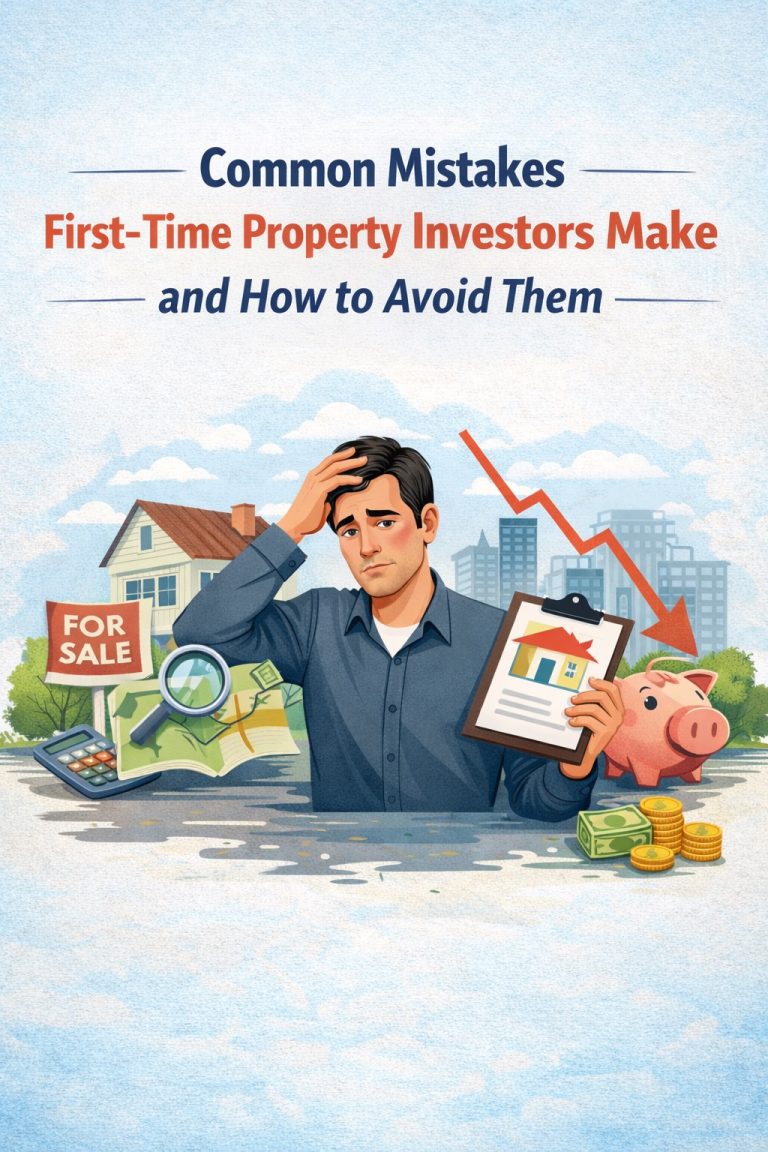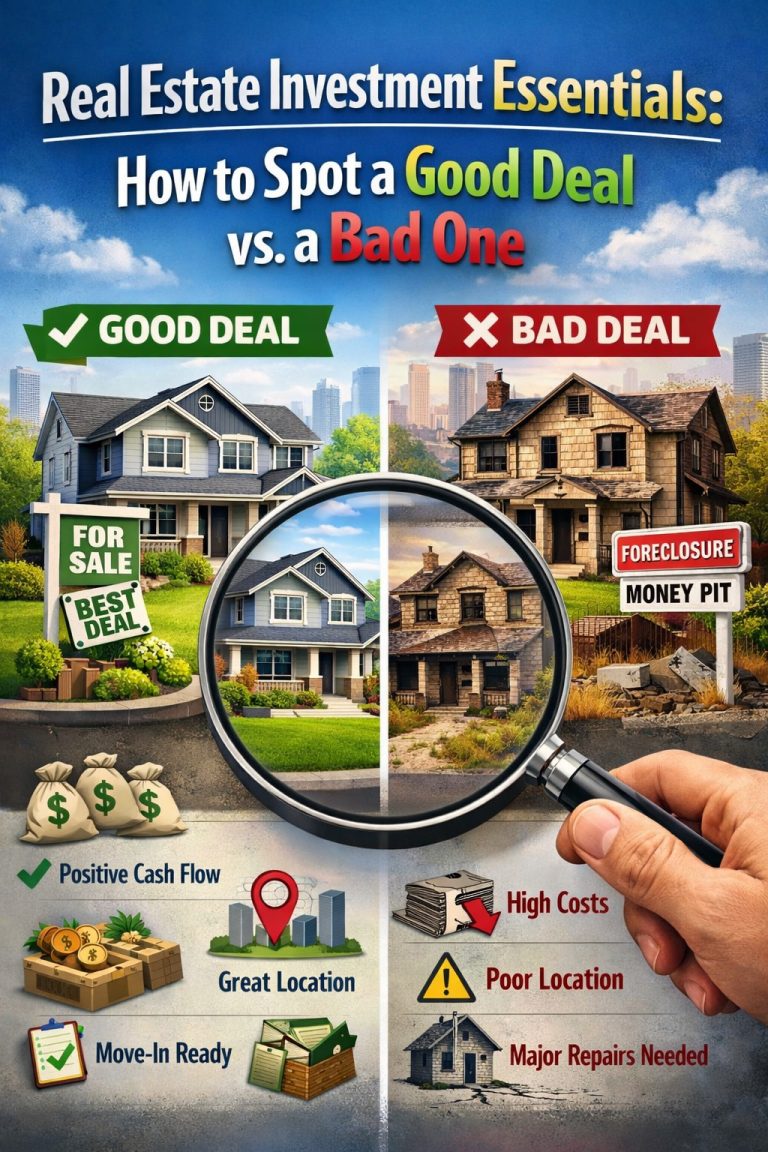
Selecting the right real estate agent is crucial whether you’re buying or selling a home. A knowledgeable and trustworthy agent can make the process smoother and more successful. Here’s an in-depth guide to help you choose the right real estate agent for your needs.
1. Understand Your Needs
Before you start looking for an agent, take the time to clearly identify your specific needs:
- Buying or Selling: Determine whether your primary goal is to buy a new home or sell your current property. This distinction will guide your search.
- Type of Property: Consider the type of real estate you are interested in. Are you looking for residential properties, commercial space, or investment opportunities? Each type may require a different expertise.
- Location: Narrow down your preferred neighborhoods or areas. Local market knowledge is vital, so finding an agent familiar with your chosen location can make a significant difference.
- Budget: Establish a budget range for buying or selling. Knowing your financial limits can help agents tailor their services to your needs.
2. Research Potential Agents
Start by gathering a list of potential agents:
- Referrals: Ask friends, family, or colleagues for recommendations. Personal experiences can provide valuable insights into an agent’s capabilities.
- Online Reviews: Utilize online platforms like Zillow, Realtor.com, and Google to read reviews and ratings. Pay attention to both positive and negative feedback to get a balanced view.
- Local Listings: Look for agents who frequently list properties in your desired area. An agent who specializes in your target neighborhood will have better market insights.
- Professional Associations: Check if the agent is a member of professional organizations like the National Association of Realtors (NAR). Membership often indicates a commitment to ethical practices and ongoing education.
3. Check Qualifications and Experience
Once you have a list of candidates, verify their qualifications:
- Licensing: Ensure the agent is licensed in your state. You can verify their license status through your state’s real estate commission website.
- Experience: Look for agents with a proven track record in your market. More experience often means better negotiation skills and a deeper understanding of the market dynamics.
- Specializations: Some agents specialize in specific property types or markets (e.g., luxury homes, first-time buyers, or investment properties). Make sure their expertise aligns with your needs.
- Continuing Education: Inquire about any additional certifications or training the agent has completed, such as designations in negotiation or property management.
4. Interview Potential Agents
Before making a decision, interview your top choices:
- Ask About Their Approach: Inquire about their strategy for buying or selling properties. A good agent should have a clear plan and be able to articulate it clearly.
- Market Knowledge: A knowledgeable agent should be well-versed in local market trends, pricing, and neighborhoods. Ask for insights into recent sales and how long properties are typically on the market.
- Communication Style: Assess how well they communicate. You want an agent who listens to your needs, responds promptly, and keeps you informed throughout the process. Consider how often they plan to update you on progress.
- Conflict Resolution: Discuss how they handle conflicts or issues that may arise during the transaction. A proactive agent will have strategies in place to address potential challenges.
5. Evaluate Their Marketing Strategies
If you’re selling a property, consider the agent’s marketing plan:
- Online Presence: How do they utilize online platforms, social media, and listing services to market properties? A strong online presence can attract more buyers.
- Open Houses and Showings: What are their plans for hosting open houses or private showings? An effective agent will have a strategy to maximize exposure.
- Photography and Staging: Quality visuals can make a significant difference in attracting buyers. Ask about their approach to photography and staging homes for sale.
- Target Audience: Inquire about how they identify and target potential buyers. An effective marketing strategy should include demographic analyses to reach the right audience.
6. Discuss Fees and Contracts
Understanding the financial aspects is crucial:
- Commission Rates: Discuss the agent’s commission structure. Typical rates range from 5% to 6% of the sale price but can vary based on the market and the services provided.
- Other Fees: Be aware of any additional costs, such as marketing or administrative fees. Ensure you understand what is included in the commission.
- Contract Terms: Review the contract carefully. Understand the duration of the agreement and any termination clauses. Look for flexibility in case you decide the agent is not a good fit.
- Payment Structure: Ask how and when the agent is compensated. Knowing the payment structure can help you budget appropriately.
7. Trust Your Instincts
Your comfort level with an agent is important. Choose someone you feel confident about and trust. A good working relationship can significantly impact the success of your transaction.
- Personal Rapport: Pay attention to how you feel during your interactions. Do you feel heard and respected? A positive rapport can make the process more enjoyable.
- Gut Feeling: If something feels off about an agent, don’t hesitate to continue your search. Trusting your instincts can save you from potential issues down the road.
8. Check References
Request references from past clients to gain insight into the agent’s performance:
- Satisfaction Levels: Were previous clients happy with their experience? High satisfaction is a good indicator of reliability and competence.
- Success Rate: Ask about how quickly properties sold and at what price. An effective agent should have a history of meeting or exceeding client expectations.
- Communication: Did the agent keep clients informed throughout the process? Good communication is essential for a successful transaction.
- Problem-Solving: Inquire about any challenges that arose during the transaction and how the agent addressed them. This can give you insight into their professionalism and problem-solving skills.
9. Consider Technology and Tools
In today’s digital age, technological proficiency can enhance the buying and selling experience:
- Digital Tools: Ask about the technology the agent uses for listings, virtual tours, and communication. Agents who leverage technology can often provide a more efficient experience.
- Data Analytics: Inquire if the agent uses data analytics to assess market trends and pricing strategies. A data-driven approach can lead to better decision-making.
- Online Platforms: Consider whether the agent is familiar with online platforms that facilitate real estate transactions, such as electronic signing tools and virtual meeting software.
10. Follow Up After the Transaction
Even after closing, maintaining a relationship with your agent can be beneficial:
- Post-Sale Support: Ask if they provide post-sale support or resources. A good agent will continue to offer assistance and advice even after the sale is complete.
- Networking Opportunities: Agents often have extensive networks. They can connect you with other professionals, such as contractors, interior designers, or mortgage brokers.
- Long-Term Relationship: Building a lasting relationship can be advantageous for future real estate transactions. A trusted agent can help you navigate the market changes over time.
Conclusion
Choosing the right real estate agent can make a substantial difference in your buying or selling experience. By understanding your needs, researching potential agents, and evaluating their qualifications and strategies, you can find an agent who aligns with your goals. Take your time in the selection process, and don’t hesitate to ask questions. A great agent can not only help you achieve your real estate objectives but also make the journey enjoyable and stress-free. By following these steps, you’ll be well-equipped to make an informed decision and embark on your real estate journey with confidence.

Join me, Phil Bolitho, on a gripping journey through my true life story in “Walkaway.” This book delves into the challenges I faced as a working-class Cornish lad with dreams of security and stability for my family. It reveals the harsh realities of confronting jealousy and corruption, offering lessons on resilience and the importance of standing your ground. Discover valuable insights on investment and personal growth that can help you navigate your own challenges. Don’t miss out—order your copy today at www.walkaway.uk and learn from my experiences.


